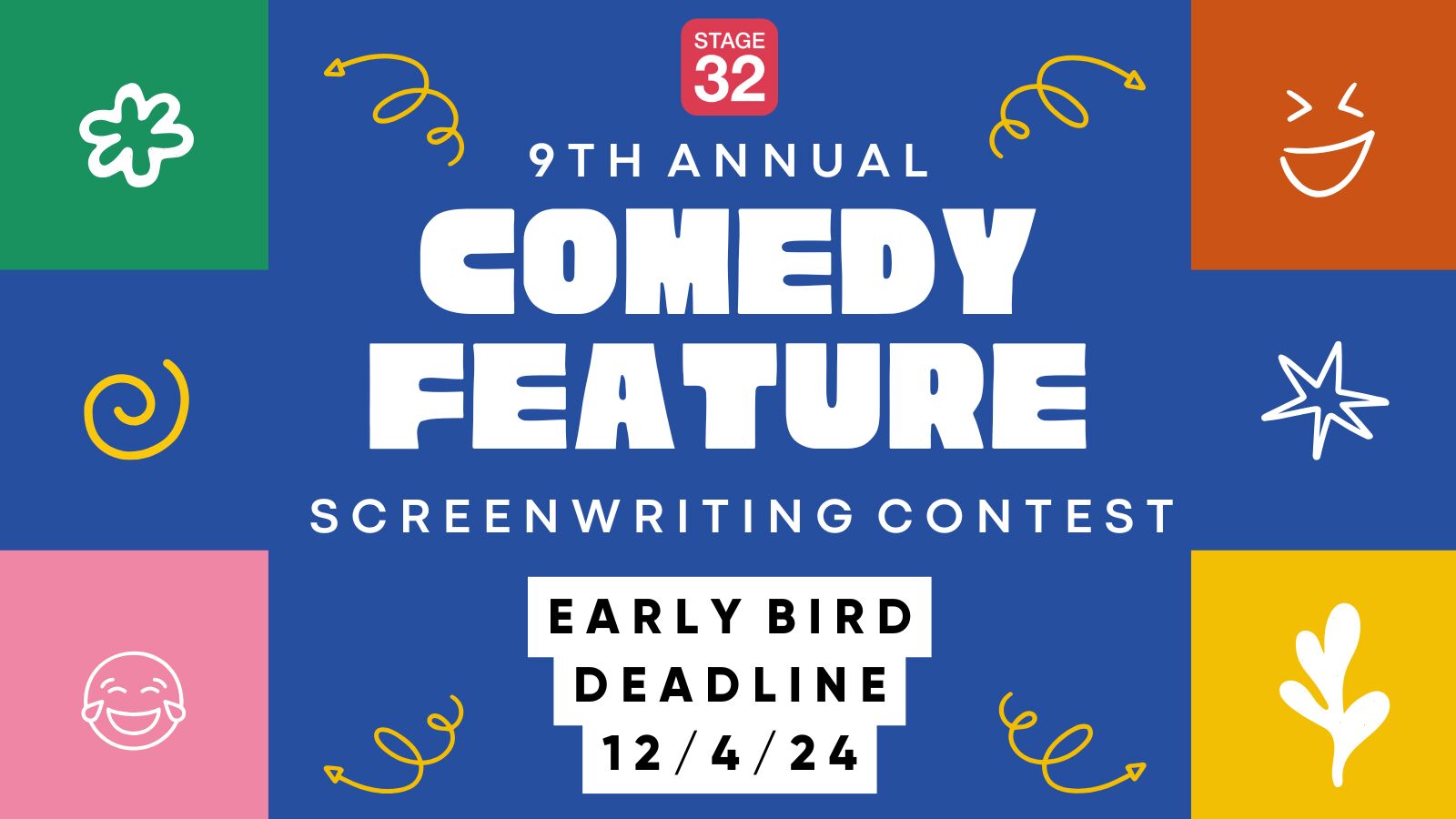Kurt Vonnegut provides 8 tips on how to write a great story. These tips from the novelist can easily translate to screenwriting. 1. Use the time of a total stranger in such a way that he or she will not feel the time was wasted. 2. Give the reader at least one character he or she can root for. 3. Every character should want something, even if it is only a glass of water. 4. Every sentence must do one of two things-reveal character or advance the action. 5. Start as close to the end as possible. 6. Be a Sadist. No matter how sweet and innocent your leading characters, make awful things happen to them-in order that the reader may see what they are made of. 7. Write to please just one person. If you open a window and make love to the world, so to speak, your story will get pneumonia. 8. Give your readers as much information as possible as soon as possible. To hell with suspense. Readers should have such complete understanding of what is going on, where and why, that they could finish the story themselves, should cockroaches eat the last few pages.



Tip number 7 is priceless! I am not as gracious as you are on tip number 8 and I am going to ponder this for awhile. It seems like an over bearing date with no amount of surprise or twist or why read it if you already know how it ends?
Another great list, Edwin...I also balked for a second on 8, but I think I get where ol' Kurt is coming from...It's probably the one tip that doesn't translate as well from novels to screenwriting. Many novels take a leisurely pace at setting up the story, or, even more importantly, setting up the back story - much more important in a novel than in a screenplay (back story, that is)...So, what I think he's trying to say as it relates to a novel is to PUSH out your first act. Give people a reason to read. If we were to translate this to the craft of screenwriting, I think it would be to make your first 10 pages killer... Christina, I think a 3rd act twist or surprise wouldn't fall into number 8. Suspense builds through a bunch of moments...A twist or a surprise is a single moment. That's my interpretation...Which with 5 bucks will get you a grande black coffee at Starbucks :)
ツ Thanks for sharing Edwin.
Hi RB, I re read number 8 and I agree that the first 10 pages apply here. Forget Starbucks, I always have a fresh pot of coffee. ;-) at mi casa.
If the cockroaches get to the last few pages before you do it can't be that entertaining...Or you seriously need to fumigate. My novel readers tended to say they were on page thirty before they realized how much they'd read. Grab 'em by the lapels and don't let go, especially at the end. Then give them the world and all the trimmings (a satisfying ending with loose ends tied up.) As for what should happen by which page, why not make every page attention grabbing?
I'll be right over...Could use a caffeine fix. :)
These rules are so good because they hit on the psychology of a viewers needs and mental harmony, Talk on stage 32 is sly a great director? Rocky gives you all the "mental" happy pills, Down guy wins...good over evil.. you like rocky, etc. But as a writer and producer I don't have to be rocked by a screenplayI have to love the overall idea, I can fill in the blanks if the idea of the story is special.
I'm glad people are taking something out of Vonnegut's suggestions! As for #8, I feel the wording--like when putting a message across through texts and emails--is a bit conflicting with what is at heart in the tip. I'd say he is suggesting to be as engaging as possible, not to push the reader/viewer into a dark corner, but to guide them through the dark room. For example, as Richard said, the first 10 pages of a script would guide one through the rest of the story if the essentials to the story are there within those pages. Complete understanding, I feel, doesn't mean a giveaway of the story, but a feeling about it.